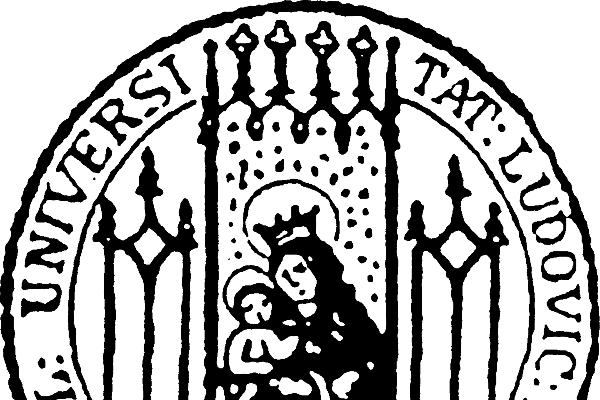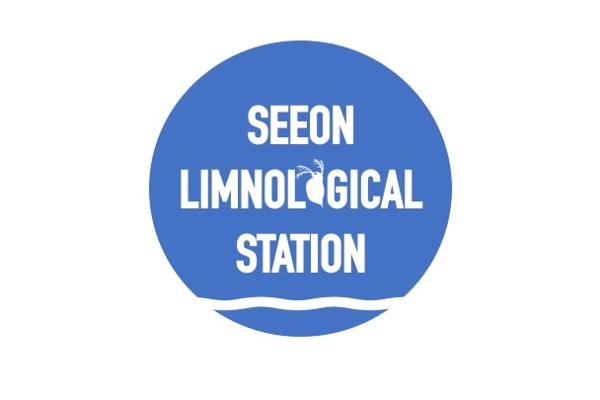
Ecology
Ecology is Evolution in action - Charles J. Krebs
Research in Ecology
We study how ecological and evolutionary processes interact to shape biodiversity at multiple biological scales. We untangle variation among species, populations, and individuals using behavioural, community, and theoretical ecology paradigms, with both aquatic and terrestrial study systems.





